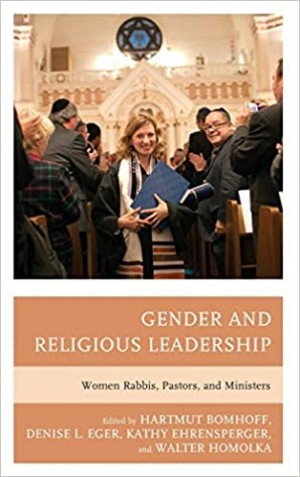By
– September 24, 2012
Rabbi Kaplan, professor of Judaic and religious studies at the University of Missouri- Kansas City, provides a general introduction to Reform Judaism in the United States. Beginning with its origins in 19th century Europe and its evolution in America, he outlines basic beliefs and practices, examines theology, liturgy, and halacha and looks at the social and religious forces that impact the movement. Kaplan feels that the liberal theology of the movement makes it difficult to create a durable community. He also notes the challenges that the movement faces— recognition in Israel, intermarriage, and Jewish education— as well as the advances it has made — accepting gays and lesbians, recognizing women as equals and working for social justice. Reform Judaism is beginning a return to tradition while undertaking a major outreach program. Kaplan’s book offers an extensive examination of a movement at a crossroads.
Barbara M. Bibel is a librarian at the Oakland Public Library in Oakland, CA; and at Congregation Netivot Shalom, Berkeley, CA.





